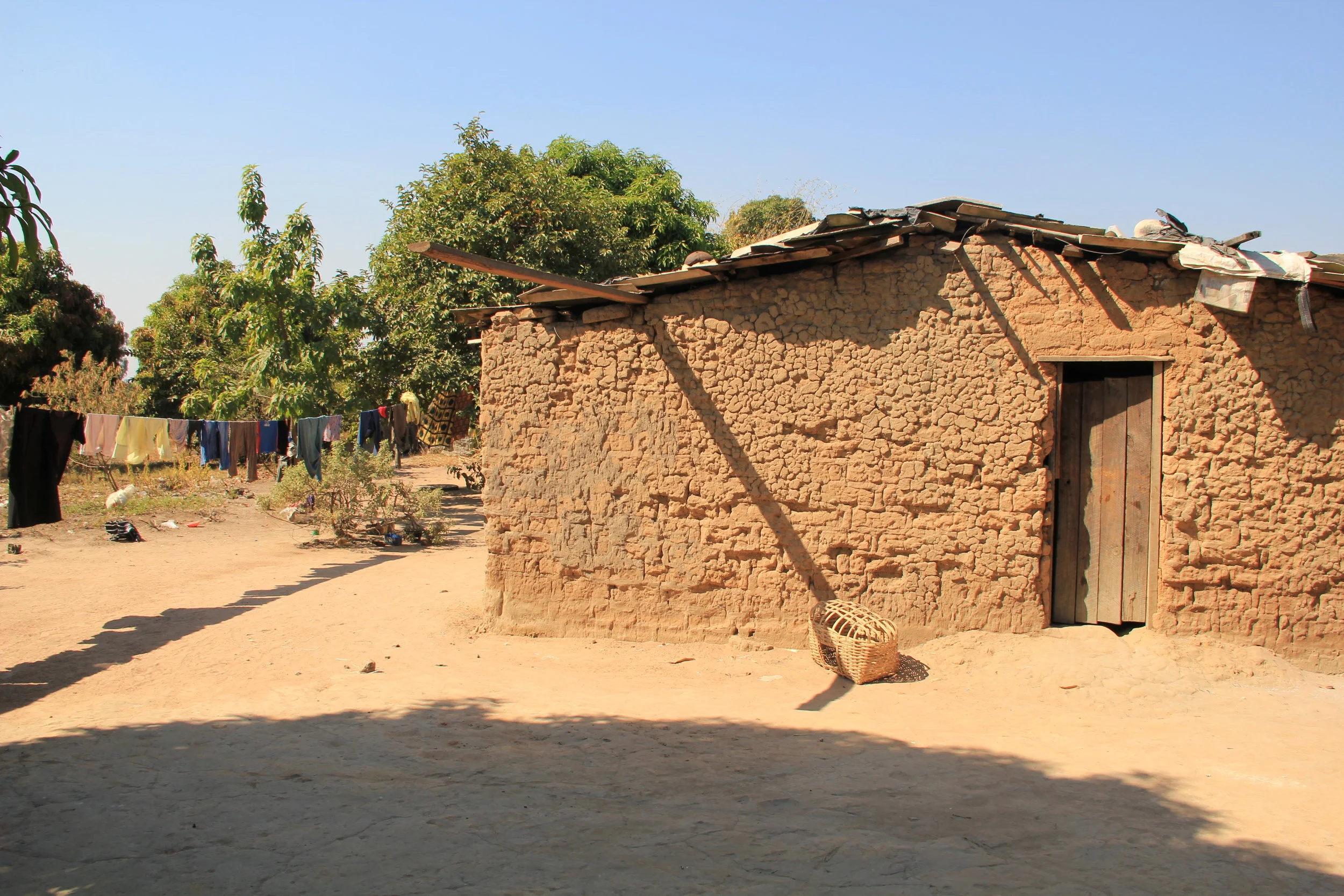At Hands at Work, the foundation of our care is holy home visits.
Visiting an orphaned child in their home is to act on behalf of the absent parent. During that visit, the opportunity is given to a child to put aside the stresses of home, of responsibility, and just be a child. Home visits demand time, and can only be effective with the right desire of heart: the choice to go, and the willingness to get to know the child’s name and story. A home visit is beneficial, not just in understanding the external needs, but in spending time to engage with a child’s hurting heart, therefore bringing value and worth into their soul. Home visits may carry a high personal cost of time, emotion, and energy. But like the gospel, they bring transformation. We know we have been adopted into Christ's family and we want to see the same realisation in our children. We cannot create a culture of changing lives through brief service. Change does not come quickly; it comes with time and commitment.
“Christ found us in our deepest time of need, visited us, invested in our lives, and renewed in us who we are.”
The core of a home visit is in what Christ has done for us. He found us in our deepest time of need, visited us, invested in our lives, and renewed in us who we are. It is essential that during home visits, we wait. We wait for Christ to show up. We wait on His leading. We often wait even for the words to say. But we know that in our waiting, there is always something to come. We are expectant people.

My first experience on a Holy Home Visit was back in 2013, on a team to Swaziland. I didn’t know what I was walking into, but it drastically altered my understanding of who God is. I saw God move, not only in the lives of the people that I had the privilege of visiting, but in my life too.
As the International Church seeks to participate in God’s transforming work in Africa, God is also using Africa to stir up the International Church, as individuals stand up to care for the vulnerable in their own communities.
For the past four years, Chumai has suffered from epilepsy. His mother decided to return to her family because she could not deal with Chumai’s illness or those of the rest of the family, including Chumai’s father. A few months after leaving her children, Chumai’s mother remarried. Tragically Chumai’s father, Joaquim, died after falling from a platform used to dry maize cobs.
Ama is a 10-year-old girl from the community of Ilaje, Nigeria. When she was young her father passed away, leaving her in the care of her paralysed mother, Esther. At a very young age Ama was forced to become the breadwinner in order for her family to survive. As a result, Ama has not had the opportunity to be a child.
Growing up without a father is a common experience for many children in Zambia. Innocent is one of these fatherless children. Like many boys in Zambia he dreams of becoming a pilot, flying away to places he has only heard of, places that do not reflect the dire poverty in Kalende.
Hands at Work in Africa is committed to transforming the lives of the most vulnerable children through locally owned community based organisations. In Africa’s most vulnerable communities, the scale of the HIV/AIDS pandemic, war, poverty and the vast number of orphaned children is incomprehensible. An entire generation of parents have passed away.
When the Care Workers in Macadeira, Mozambique harvested their own 400kg of maize, they felt an enormous sense of pride. After all, it was their many hours of work in the field, under the blistering African sun that finally paid off. But the work was difficult and the premature ceasing of the rains meant that their beans failed...
When Buhle was only two years old, her mother passed away and she went to live with her grandmother. With a small widow’s pension as their only income, Buhle and her grandmother struggled to survive. Buhle was left feeling alone as she tried to provide for herself and her grandmother.
At Hands at Work we are blessed to hear testimonies from visitors who have come to Africa to experience what God is doing. These stories of everyday people who meet Jesus in the faces of the most vulnerable for even a short period of time, tells of God’s great desire to change us so we will never be the same.











Praise’s grandmother Bertha began caring for him, but she was desperately poor and trying to survive. Praise was hungry - continually crying. People in the community said he would die and tried to put ritual charms around him but Bertha refused and knew God would provide. After her husband passed away many years ago, she said she learned to trust God throughout any hardship.